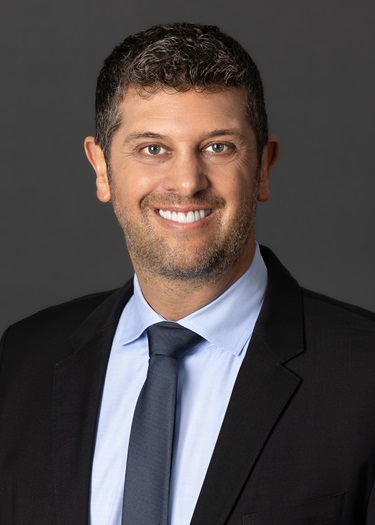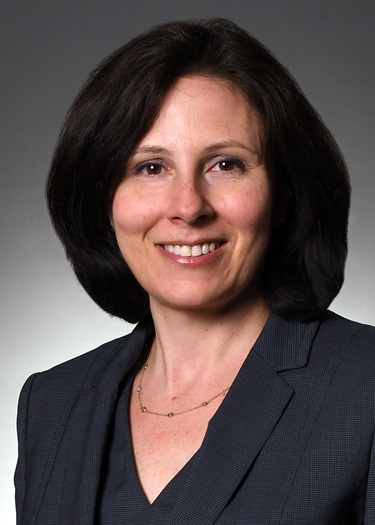Shareholder Activism Update
Sidley’s Shareholder Activism Review – Tales From the Trenches –
Will the Coronavirus Become a “Poison Pill” for Proxy Contests This Season?
By Kai Liekefett and Derek Zaba
Everybody is talking about it: the coronavirus or COVID-19. It has started to impact the global economy and affect people’s everyday lives. Will it impact the 2020 proxy season as well?
The vast majority of public companies in the U.S. hold their annual shareholder meeting between April and June. Most of these companies require in the bylaws advance notice of director nominations by shareholders. These nomination deadlines are typically between January and March. In other words, now is the time of the year when activists are forced to “put up or shut up.”
However, it is important to understand that if an activist launches a proxy contest to replace directors, an activist must be prepared to remain in the stock for the foreseeable future – at least until the annual shareholder meeting and, if successful in obtaining board seats, at least 6-12 months beyond that. While there are no legal restrictions to the contrary, as a practical matter, an activist cannot initiate a proxy contest and sell or reduce its position shortly afterward. An activist who does this stands to lose credibility with long-term institutional investors and becomes more susceptible to being portrayed as a “short term” investor in future activism campaigns. It is even more difficult for an activist to exit a stock if an employee of the activist fund, rather than candidates that are at least nominally independent, takes a board seat. Material nonpublic information received by the activist employee in the board room is imputed to the activist fund, thereby restricting the fund’s ability to trade in the stock.
The problem activists currently confront is the enormous volatility in the stock market, due to the coronavirus and other factors, such as the uncertainty over the U.S. presidential election. Some may argue that this an overdue market correction after 11 straight years of a bull market. From an activist’s perspective, however, now is a risky time to make a multi-year commitment to a stock. The problem is compounded for those activists whose funds do not adequately limit redemptions. If the stock markets continue to deteriorate, these funds might face significant capital redemptions from their own limited partners without the ability to sell their investments.
As a consequence, it may turn out that the coronavirus is Corporate America’s most effective poison pill this proxy season. There are already dozens of cases where activists decided against moving forward with a slate, including a few large and mega-cap situations. Now, this does not mean that proxy fights will be nonexistent this year – there are still several contests underway.However, the coronavirus crisis will likely chill some activity this proxy season, particularly in economically heavily exposed industries where an activist can run a perfect proxy campaign but still lose millions of dollars.
Moreover, we expect to continue to see many shareholder activism campaigns against merger and acquisitions (M&A) transactions. That is because challenging an announced M&A transaction typically requires an activist to be prepared to stay in the stock for only a few months. Thus, we expect to see the number of so called “bumpitrage” remain elevated this year.
Lastly, once the coronavirus crisis is over, Corporate America should expect shareholder activists to return with a vengeance. After all, 2009 was the last record year for proxy contests in the U.S., when activists launched more than 130 proxy fights in the aftermath of the financial crisis. That is because structurally challenged companies can sometimes hide in a bull market, but a market correction tends to make clearer who is performing or who is not. Therefore, we might see more proxy fights again as early as this fall when the rest of the public companies with an off-cycle fiscal year hold their annual meeting of shareholders.
Sidley Ranked No. 1 by FactSet and No. 2 by Bloomberg for Activism Defense
Sidley was ranked No. 1 among legal advisers for activism defense by FactSet* and ranked No. 2 in Bloomberg’s activism league tables for company-side engagements by aggregate market capitalization in 2019. Additionally in 2019, Sidley’s co-head of the shareholder activism practice, Kai Liekefett, received the 2019 Dealmaker of the Year award from The American Lawyer for his activism representation. Furthermore, last year Derek Zaba joined Sidley as co-leader of Sidley’s shareholder activism practice from CamberView Partners, where he served as the head of its activism and contested merger and acquisition (M&A) practice. Since 2016, Liekefett and Zaba have defended against more than 50 proxy contests (while losing only three votes) and represented issuers in more than 30 settlement agreements.
*public companies with market capitalization greater than US$100 million at the time of campaign announcement
In the News
Kai Liekefett Discusses on Bloomberg TV Why Elliott Seeking to Remove Twitter CEO Jack Dorsey is a 'Head-Scratcher' and the Impact of the Coronavirus on the 2020 Proxy Season
On Monday, March 2, Kai Liekefett, co-chair of Sidley’s shareholder activism practice, was interviewed on Bloomberg TV about Elliott’s campaign against Twitter and the impact of the coronavirus crisis on the 2020 proxy season.
Derek Zaba Interviewed by Corpgov.com on Shareholder Activism Considerations at the End of a Bull Market
Derek Zaba, co-chair of Sidley’s shareholder activism practice, was recently interviewed by John Jannarone at Corpgov.com on shareholder activism considerations in the present market environment and other emerging trends.
Click here to read the interview.
Publications
The Fleeting Post-IPO Grace Period
Kai Liekefett, Martin Wellington and Derek Zaba discuss the trend for newly IPO’d companies to become targets of activist campaigns earlier in their public tenure.
Click here to read the article.
Upcoming Events
Sidley will host a series of Shareholder Activism and Proxy Fight Boot Camps in several cities across the U.S. this year. For information on our upcoming programs and their locations, please contact Kai Liekefett or Derek Zaba.
Attorney Advertising—Sidley Austin LLP is a global law firm. Our addresses and contact information can be found at www.sidley.com/en/locations/offices.
Sidley provides this information as a service to clients and other friends for educational purposes only. It should not be construed or relied on as legal advice or to create a lawyer-client relationship. Readers should not act upon this information without seeking advice from professional advisers. Sidley and Sidley Austin refer to Sidley Austin LLP and affiliated partnerships as explained at www.sidley.com/disclaimer.
© Sidley Austin LLP
Contacts
Capabilities
Suggested News & Insights
- Stay Up To DateSubscribe to Sidley Publications
- Follow Sidley on Social MediaSocial Media Directory



